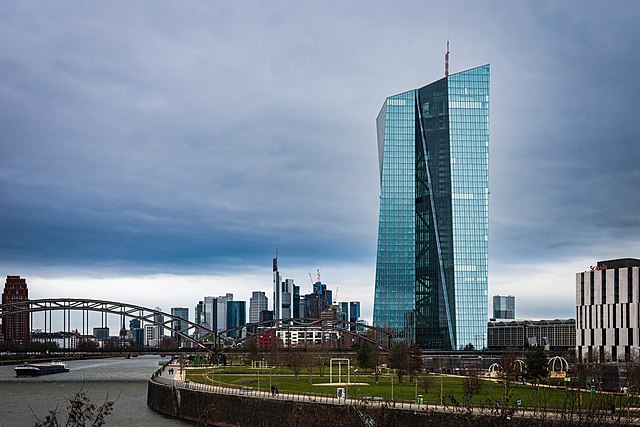The Facts
On Thursday, the European Central Bank (ECB) raised its key interest rate from 3.75% to 4% as it claimed inflation was "expected to remain too high for too long."
The decision was the 10th interest rate increase in a row, reaching an all-time high since the establishment of the euro in 1999. It follows the ECB's benchmark deposit rate of -0.5% a little more than a year ago.
The Spin
Narrative A
The ECB's decision-making has led to many European policymakers finding themselves in a precarious economic situation. Revised forecasts are extremely optimistic, while the bank's vision echoes similar choices made in 2011 that ultimately caused a severe economic downturn within the eurozone. The ECB may well be, slowly but surely, walking into a stagflationary trap.
Narrative B
The ECB has chosen to accept a period of stagflation over the danger of a hard landing and deeper recession. The lesser of two evils, the market's overreaction to the ECB's decision-making is a shocking one that may well be counteracted by the US' own release of data in the coming days.


